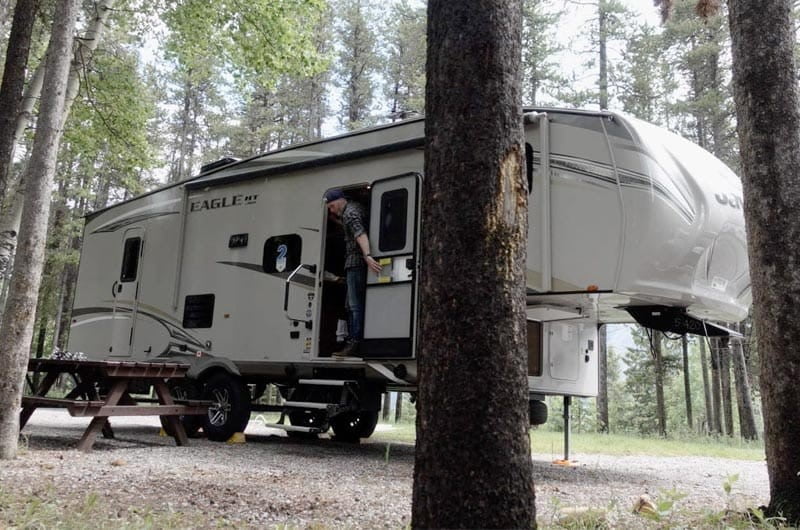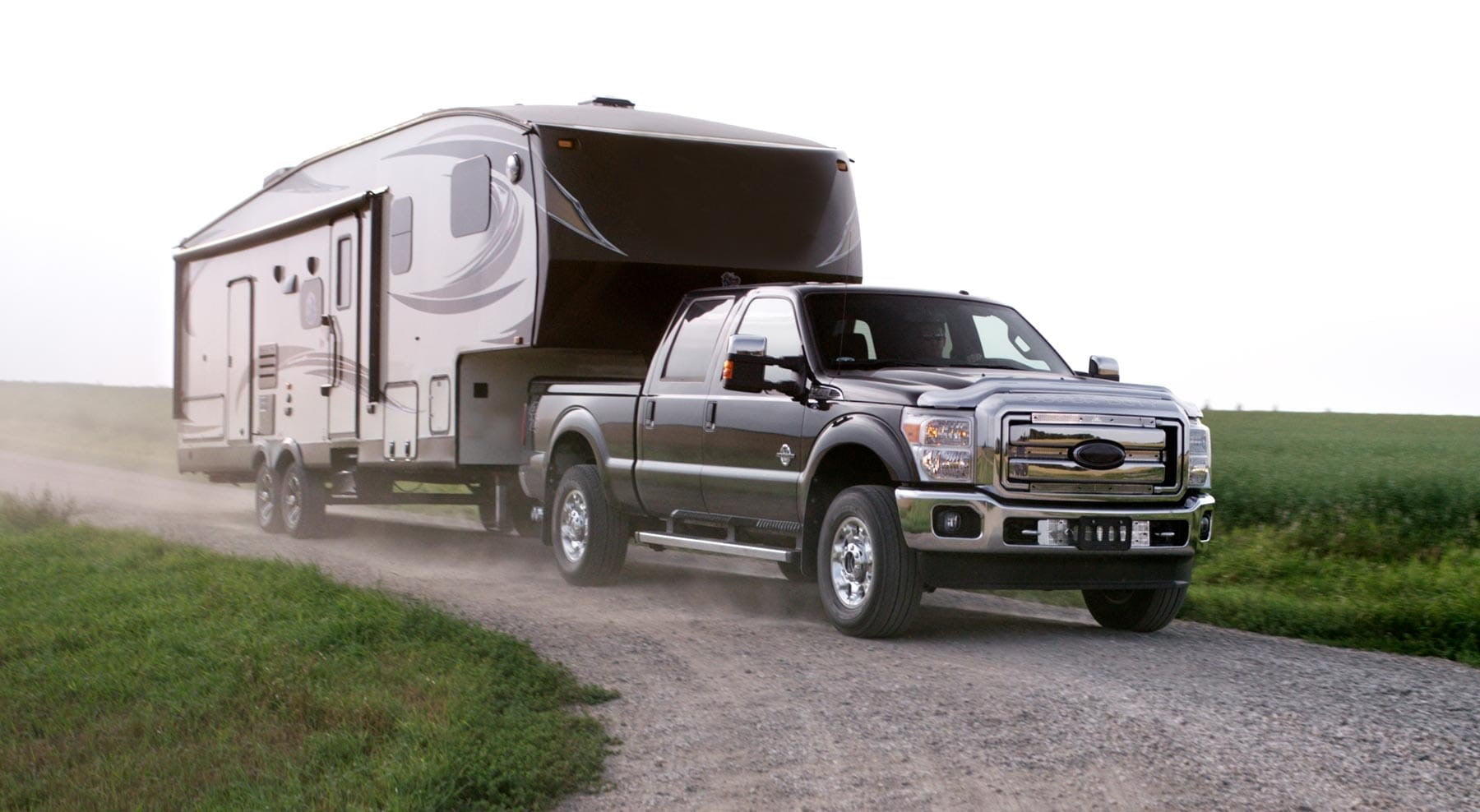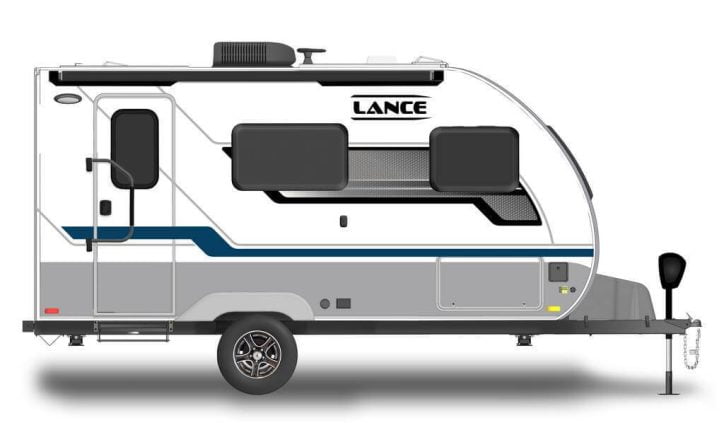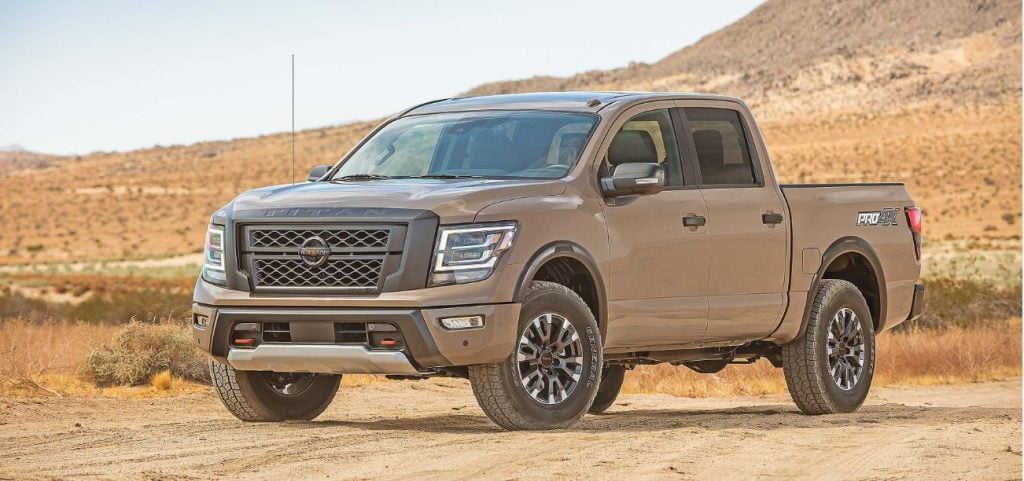You can’t tow your fifth wheel if you don’t have a hitch. The fifth wheel hitch is an important accessory that links your camper to your tow vehicle, ensuring that you can travel safely on the road. However, not all hitches are suitable for your tow vehicle, trailer, lifestyle, and budget. This fifth wheel hitch buying guide can greatly help you in making your decision.
Fifth Wheel Weight Capacity
Before you start connecting your trailer to your truck, it is essential that you know the gross trailer weight and towing capacity of your vehicle. Towing capacity refers to the maximum weight that can be towed by your truck. On the other hand, gross trailer weight refers to the overall weight of your fifth wheel trailer once it is hitched up to your truck. Keep in mind that the towing capacity will be restricted by its lowest-rated towing component. Because of this, it is important that your fifth wheel hitch must meet or exceed the towing capacity of your truck.
Towing Capacity of the Hitch
This value can be found in your owner’s manual or easily online by searching for your car or truck’s specifications. All vehicle specifications list this capacity.
Gross Vehicle Weight Rating (GVWR)
The maximum weight your towing vehicle can be on its own, including the vehicle, passengers, cargo, and liquids (fuel, etc.).
Gross Trailer Weight (GTW)
All manufactured and licensed trailers are required to have a gross trailer weight. Look in your owner’s manual for the trailer to find this weight. There may also be a sticker or plate somewhere on or in the trailer with this information.
Gross Combination Weight Rating
For light trucks and larger SUVs, the manufacturer will list a Gross Combination Weight Rating (GCWR). This is the maximum weight recommended for both vehicles, including passengers, cargo, and fuel, etc. If you are towing a fifth wheel or travel trailer, be sure to count the weight of any water and waste in your freshwater or holding tanks, and the weight of the propane in your LP Gas tanks.
Trailer Tongue Weight (TTW)
At the same location, you may find a value for the trailer’s tongue weight, which is the amount of downward pressure the trailer will put on your hitch ball. This number is generally 10% of the GTW, but in real life this will vary based on whether the weight of the trailer’s contents is concentrated more in the front or rear of the trailer. The published trailer tongue weight assumes that the load is evenly distributed within the trailer.
It is important to try and maintain this balance. A trailer heavy in the front will put more pressure on the rear of the tow vehicle. This will mean less weight on the front wheels, so you may experience a decline in steering effectiveness.
If there is excessive weight in the rear of the trailer, you could experience issues with the stability of the back end of your car or truck. This can mean an increased chance of trailer sway. This condition could also put upward pressure on the coupler/ball connection point, causing the trailer to separate from the towing vehicle.
Important: Never tow more than the capacity of the lowest rated component of your towing setup, including the receiver hitch, ball mount, ball and the towing vehicle itself.
Fifth Wheel – Is a Slider Hitch Needed or Not?

Obviously, you don’t want to start your camping adventure with a shattered back window. In order to prevent damaging your truck and your RV, you will need a sliding fifth wheel hitch. This can save you from those expensive repair costs.
The sliding fifth wheel hitch installation will be done by placing them on the rails mounted on your truck bed. Its function is like a Reese standard fifth wheel hitch, the only difference is that they can slide on the rails. This can expand the separation between the trailer and the truck. Most often, this type of fifth wheel hitch is a bit more expensive and weighs more. Nevertheless, it can save you from those costly repairs.
So, what is the point of having a sliding fifth wheel hitch? By having a fifth wheel slider hitch, it allows your entire hitch to slide more at the back of your truck bed. As a result, there will be more space between the trailer and the truck when you are making turns or when you are entering or getting out of campsites. Generally, a sliding hitch won’t be beneficial to long bed trucks. It permits 90-degree turns between your trailer and truck without risking any damage.
Whether you are driving forward or backing up, tight turns could mean that the cab of your truck and the cap of your fifth wheel can get very close. The tighter you will make the turn, the closer these two components will get. That is why, most campers having a standard or short sized truck bed will buy a sliding fifth wheel hitch for a short bed truck just in case. Ultimately, it is better if you have a sliding fifth wheel hitch for the Ford Puck System, even if you don’t need it right away rather than not having one when you do need it. A fifth wheel hitch installation with a slider provides more space between the trailer and the truck, most especially while manoeuvring turns.
Top Brands Selling Fifth Wheel
Fifth wheels are a great option for those long-term campers, enthusiastic weekend campers, as well as large families who are interested in exploring and making memories around the campfire. A fifth wheel is spacious which is perfect for those who are looking to have a complete RV camping experience. Most often, they even include some luxurious amenities which most people think can only be enjoyed at home. From residential refrigerators and island countertops to bunk beds and outdoor kitchens, you can assure that there is something for you in a fifth wheel.
With many brands to choose from, and with a variety of lifestyle goals in mind, it could take some time before you can find the right fit. To help you in making the right decision, we are giving you our pick of top brands of fifth wheel trailers. This can help you in understanding the options that are available for you before you start your own shopping adventure. Here are our top five fifth wheel brands for campers:
- Keystone Laredo
- Jayco Pinnacle
- Forest River Cardinal
- Grand Design Solitude
- Keystone Fuzion
Top Features to Look for in Fifth Wheel Hitches
If you plan to use your truck for hauling heavy loads, then a fifth wheel hitch is a must-have for you. It is important to consider the essential features such as truck compatibility, installation, price, weight capacity, pivoting system and adjustability.
Generally, fifth wheel hitches can be quite expensive, most especially, if you choose models that are easy to install or feature improved turning radii, more innovative designs, and other smart features. However, it is also important to think about the size of your truck bed, the type of your truck as well as its compatibility with a wheel hitch. Some fifth wheel hitches are designed for long bed and standard trucks while others are designed for short bed trucks. If you own a Ford truck or any other type of trucks, then there is a design especially made for your truck type. The following are the most important factors to consider when choosing a husky fifth wheel hitch.
Truck Weight Capacity
Fifth wheel hitches can greatly help in increasing the capacity of your truck by connecting a separate trailer. In order to accomplish this, you must ensure that the fifth wheel hitch you want to purchase can support the weight of your additional load. This is essential because if the weight that the hitch is supporting is more than its capacity, it could cause accidents when you are on the road. Generally, larger trailers have higher weight capacity on their fifth wheel hitches.
Types of Fifth Wheel Hitches
Typically, fifth wheel trailer hitches have two common types, fixed and sliding. Fixed hitches either use a single or a dual jaw system. Fixed hitches are much cheaper; however, they have a smaller turning radius. On the other hand, sliding fifth wheel hitches usually come with a manual or an automatic locking slider. If you are looking for a more manoeuvrable type of hitch, then this is the perfect option because it can turn more than 90 degrees. Also, take note that dual jaw systems are more appropriate for lighter loads. For heavy loads, which is more than 25,000 pounds, single jaw systems are the best option.
Hitch Pivoting System
If you are expecting many turns or driving on winding roads, then a pivoting system is a must-have feature. This offers you a wide position and more manoeuvring ability when you are driving on the road. The most popular option is a two-pivot system.
Sliding Hitch
Like the pivoting system, a sliding hitch can make hauling and driving much easier. If you don’t use a sliding hitch, then there is a higher risk that your trailer could bump into the rear axle of your truck. This is especially true, if you are using a short bed truck for hauling additional loads.
Fifth Wheel Hitch Installation
Even if you are an expert in DIY projects, you may not want to attempt to install your new hitch. Be sure to look for the best fifth wheel hitch that suites your needs and have a professional install it for peace of mind.
Hitch Mounting Systems
Attaching your wheel hitch to your vehicle will require some type of process. The most popular options are base or bracket mounting systems and rail kits. Base and bracket mounting systems are further classified into above-the-bed and under-the-bed options. Nevertheless, a Curt fifth wheel hitch does not usually come with mounting systems. Hence, it is important that you should do some research.




